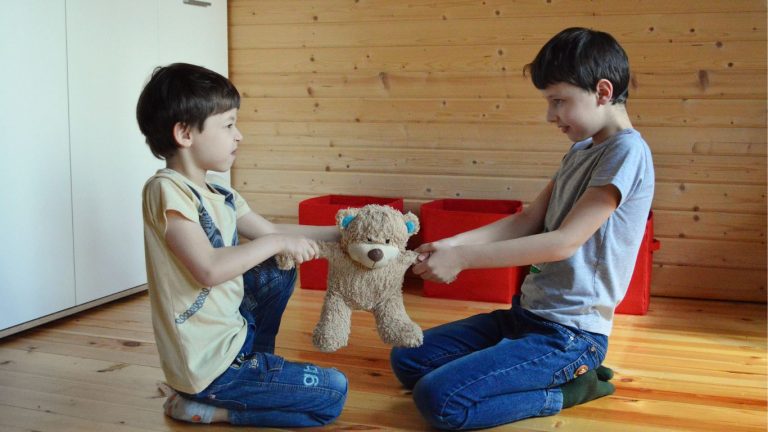Often, the first sign that you have osteoporosis is that you break a bone. Osteoporosis has no symptoms and the disease offers its victims no warning until it is well-established. It affects more that half of women and nearly a third of men over the age of 60 in New Zealand.
Osteoporosis means “porous bone”. Bones become thin and lose their strength, meaning they are more likely to fracture.
In the first 30 years of life it is very important to build a good stockpile of calcium for bone strength. This can help reduce the risk of developing weak bones in the later years of life.
Osteoporosis is not just a disease for the elderly and bone-density loss can begin from the age of 25 onwards.
Bone is a living tissue and at all stages of the lifecycle it is important to try and maximise the strength of your bones.
Lifestyle Factors
There are certain lifestyle factors that we can all employ to look after our bone health.
A diet rich in calcium
Including calcium-rich foods in your diet is very important. The best source of calcium is dairy products. Generally the low fat milks are all calcium enriched so this is a good way of boosting your calcium intake. Refer to the box to see if you are getting sufficient dietary calcium. If you are not including dairy products in your diet then make sure that you choose other foods that are calcium rich in your daily diet.
Ensuring adequate Vitamin D and Vitamin K
Vitamin D is necessary for the absorption of calcium and it helps to strengthen bones. The main source of Vitamin D is the action of sunlight on exposed skin. Generally to meet out vitamin D requirements we need only 15 minutes daily of sunlight and it can be on the hands and face. Obviously exposing the body to our potent sun rays for long periods of time places us at risk of skin cancer, so getting adequate Vitamin D does not involve ‘sun bathing’.
Including vitamin D-rich foods in the diet is also important. Good sources Vitamin D include oily fish such as sardines and salmon. Beef, veal, eggs and vegetable oils also provide small amounts.
Vitamin K is also important for bone hardening. Good sources include green leafy vegetables.
Physical Exercise
It is not just about good food choices though, maintaining physical exercise has a very important role to play in maintaining our bone health. Weight-bearing exercises, where your legs support your body weight, such as walking, tennis, dancing, stair climbing and jogging may help stimulate new bone growth.
Other
Some factors are thought to increase the risk of bone loss. Smoking, coffee, alcohol, salt and an excess of dietary protein (meat, fish, chicken) are all thought to contribute to weaker bones.
So look after your bones – unless you have had a bone density test you may not be aware that your bones are weak until it is too late!
|
The recommended daily calcium intakes for NZ are: |
||
|
Girls & boys |
4 – 8 years 14 – 18 years 16 – 18 years |
700 mg/day 1000 – 1300 mg/day 1300 mg/day
|
|
Women* |
19 – 50 years 51+ years
|
1000 mg/day 1300 mg/day |
|
Men |
19 – 70 years 70+ years
|
1000 mg/day 1300 mg/day |
|
By using this table you can work out what foods you need to eat to meet your daily calcium needs (source: Ministry of Health pamphlet: preventing osteoporosis) |
||
|
Type of food |
Approx. serving size |
Calcium in milligrams |
|
Calcium fortified milk (eg. “calci extra’) |
1 glass (200 ml) |
400 |
|
Trim milk |
1 glass (200 ml) |
290 |
|
Sardines, canned |
4 sardines |
264 |
|
Soy drink (fortified with calcium) |
1 glass (200 ml) |
248 |
|
Whole milk |
1 glass (200 ml) |
232 |
|
Yoghurt |
1 pottle |
210 |
|
Almonds, whole |
1 cup |
195 |
|
Tofu |
1/2 cup |
137 |
|
Cheese (block) |
1 slice (20g) |
130 |
|
Silverbeet, boiled |
1 cup |
114 |
|
Ice cream |
1/2 cup |
98 |
|
Spinach, boiled |
1/2 cup |
81 |
|
Salmon, canned |
1 small can (85g) |
80 |
|
Walnuts |
1/2 cup |
75 |
|
Bread, wholegrain |
2 med slices |
66 |
|
Baked beans in tomato sauce |
1 cup |
34 |
|
Muesli |
1/2 cup |
30 |
|
Lentils, boiled |
1 cup |
26 |





